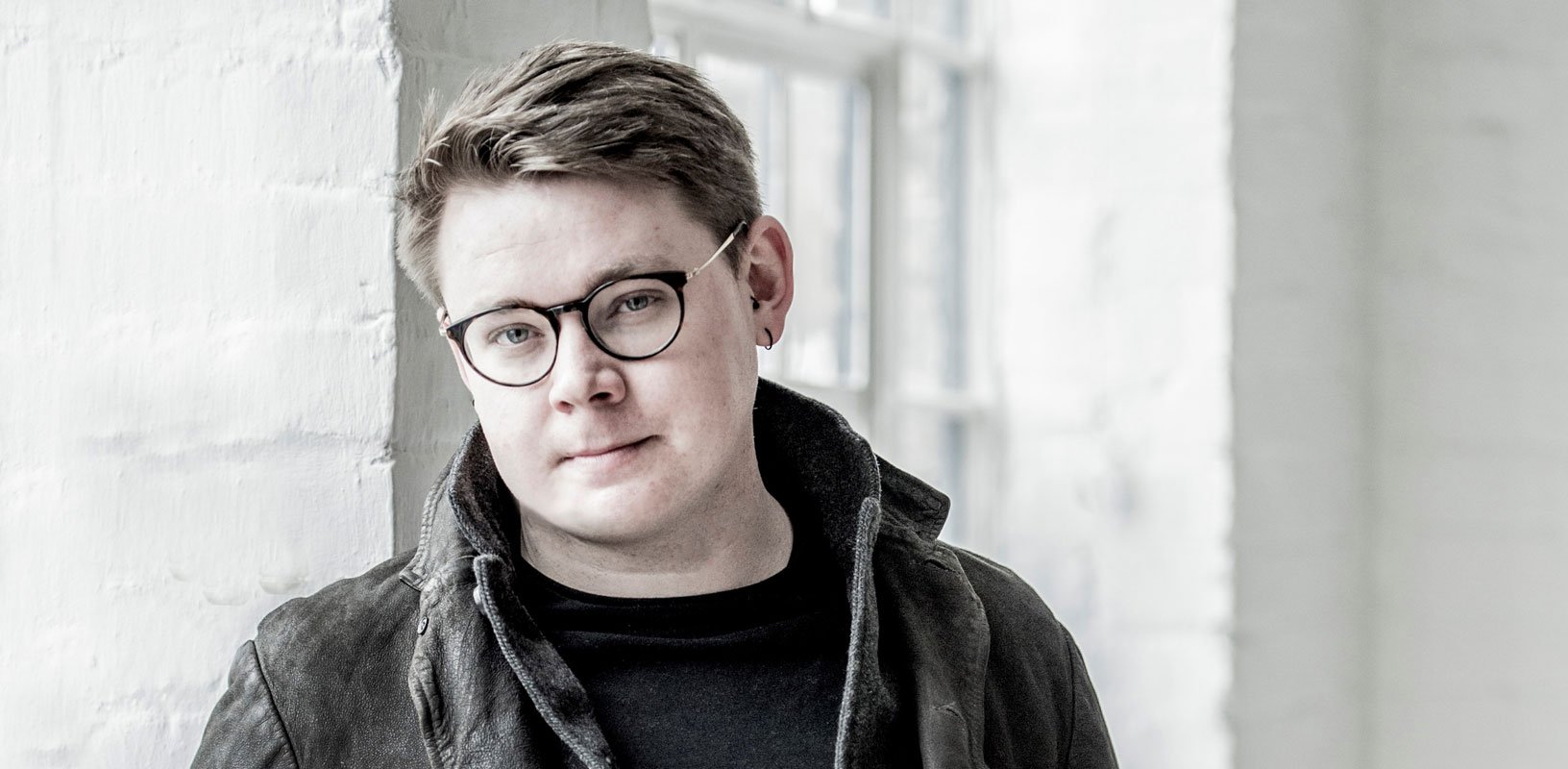Mark Simpson interview about his new Clarinet Concerto

The new Clarinet Concerto by Mark Simpson, with the composer as soloist, is premiered in Manchester on 15 June with the BBC Philharmonic under Ben Gernon.
You’re in the middle of composing a series of concertos. What especially attracts you to the genre?
I’ve experienced a lot of concertos as a performer so it's probably the genre I’m most familiar with. I’m always attracted to the focus on a prominent melodic line and that special connection with the soloist which offers the audience a human quality to the music making. The three concertos I’m writing as Composer in Association with the BBC Philharmonic came about for different reasons: the Cello Concerto for Leonard Elschenbroich was a project I’d been planning when the residency was first discussed, the Clarinet Concerto seemed the right time to compose a large-scale work for myself to perform, and I’m thinking about a very different new concerto to provide the perfect way to end the residency with a bang in 2020.
What is special about writing for your own instrument, the clarinet?
Writing the Clarinet Concerto is not fulfilling any special desire to showcase myself as a performer. My music and the way I play are so inextricably linked that there are no separate compartments. If I think back to my first clarinet piece Lov(escape), that I wrote for the Young Musician of the Year in 2006, I didn’t conjure up a list of special effects – the dramatic gestures and virtuosity that are inherently in my music come from the way I play. The next piece with clarinet, Echoes and Embers, came off the back of an extrovert orchestral score for the Last Night of the Proms, and I wanted a complete contrast – something quiet and distilled. And the solo clarinet piece Darkness Moves grew from the fact that I was unusually composing away from the keyboard, making it much more ‘clarinetty’. So, to sum up, whenever I want to compose for the clarinet, it has always been that there’s been a parallel desire to play the piece.
How do you think about technical and expressive challenges, knowing you’ll be soloist?
Inevitably there is an external expectation of stretching the technical possibilities for the instrument. As a soloist I know the bulk of the literature for the clarinet inside out and have grappled with the difficulties of works such as the Nielsen and Lindberg concertos, but I’m not attempting here to out-Lindberg Lindberg. I know it’s a benchmark for a modern clarinet concerto but I’ve tried to put that out of my mind and focus on musical matters.
In your recent Cello Concerto you avoided extended techniques to focus on pure music. Is it the same in the Clarinet Concerto ?
Yes, this is the same. The clarinet is an instrument that is very adept at doing tricks and flips, but that can be a danger and I’m not so interested as a composer in the ‘flashy’ stuff. I’m avoiding that for the bulk of the concerto, concentrating instead on seeking the inner depth of the music. That said, I’m planning a wild cadenza, perhaps with some unexpected surprises.
Was there any imagery or a particular idea that provided a starting point for the piece?
Nothing extra-musical was in the background here. As with the middle movement of the Cello Concerto I started from a certain mood you can hear in the Lachrymosa section of my oratorio The Immortal. This dark, mysterious world is becoming something of a central hub for my compositional creativity and in the new work it launches the opening of the final movement, spreading outwards through melodic proliferation. The concerto’s fast first movement was composed next and is much more strident and punchy, with a lot of notes flashing by. The centre of the work will be formed from a slower, expressive movement and a further movement with cadenza.
What does your role at the BBC Philharmonic mean to you as a composer?
From a practical point of view it has provided me with a clear timetable of commissions and deadlines, which as well as being an amazing privilege is also rather daunting in terms of creative delivery! I always enjoy my time with the musicians in the orchestra and the chance to collaborate with Juanjo Mena has been a revelation. Of all conductors he instinctively understands my music and is an ideal interpreter. I’m pleased we’re working together beyond Manchester, including the US premiere of The Immortal in Cincinnati in May.
Interviewed by David Allenby, 2019
Mark Simpson
Clarinet Concerto (2018-19) 20’
15 June 2019 (world premiere)
Bridgewater Hall, Manchester
Mark Simpson/BBC Philharmonic/Ben Gernon
Photo: Sim Canetty-Clarke
